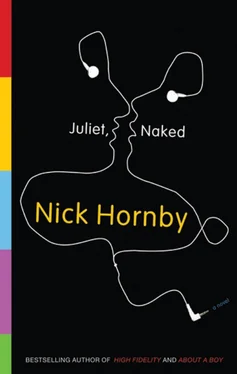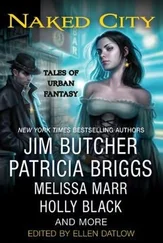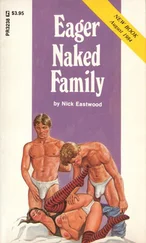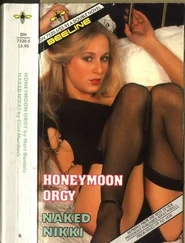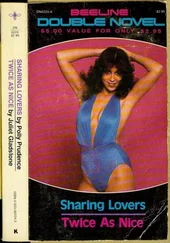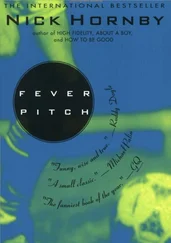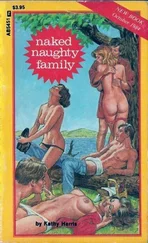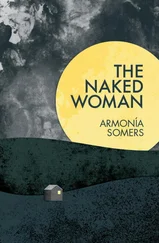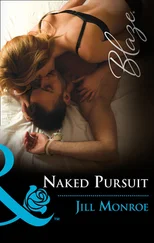I’m sure that if you put any two random strangers in a room together and got them to talk about their lives, all sorts of patterns and themes and opposites would emerge, to the extent that it would look as though they hadn’t been chosen randomly at all. For example: you have too many children who you don’t know, and it’s making you unhappy. I have none, and I don’t think I will have any, and that’s making me unhappy, more so than I would have believed possible, three or four years ago. So all the time I’ve spent with the man that I’m not having children with is beginning to look like all the time you’ve spent drinking and not making albums. Neither of us will get that time back. And yet, agonizingly, it’s not quite too late either. Do you ever think that? I hope you do.
I am writing this from my office, which is in a small seaside museum in a small town in the northern half of England. I am supposed to be preparing an exhibition about the summer of 1964 in this town, but we don’t have very much to exhibit, apart from some rather unpleasant photos of a dead shark that got washed up on the beach that year. And, as of this morning, an eye that apparently belonged to the shark, once upon a time. A couple of hours ago, a man came into the museum with something, very possibly a shark’s eye, floating in vinegar in a jam jar. The man claimed his brother had cut it out of the shark with a penknife. So far, it’s our prize exhibit. You wouldn’t like to write a concept album about the summer of 1964 in a small English seaside town, would you? Although it still wouldn’t give me much to show.
She stopped typing. If she’d been using pen and paper, she would have screwed the paper up in disgust, but there wasn’t a satisfying equivalent with e-mail, seeing as everything was designed to stop you making a mistake. She needed a fuck-it key, something that made a satisfying ka-boom noise when you thumped it. What was she doing? She’d just received communication from a recluse, a man who had been hiding from the world for twenty-odd years, and she was telling him about the shark’s eye in a jam jar. Did he really want to know about that? And what about her need to have a child? Why not tell someone else? A friend, say. Or even Duncan, who as far as she knew was unaware of her unhappiness.
And she was flirting, in her own reserved and complicated way. She wanted him to like her. How else to explain the circumlocutions about the Tucker Tour of America, and her relationship with “people who think a lot” of his work? It would have been much simpler to say that the man she lived with, the man she wasn’t having babies with, was a Tucker Crowe obsessive, but she didn’t want Tucker to know that. Why not? Did she think he was going to jump on a plane and impregnate her, unless he found out what kind of person she lived with? Even if they embarked on a passionate affair, she could imagine it would be difficult to persuade Tucker not to take precautions, given the unwieldy and unhappy family he already had. Oh, God! Even the self-directed sarcasm was pathetic. It still involved jokes about contraceptive arrangements with a man she had never met.
But if she didn’t write about shark’s eyes, what was she going to tell him? He’d read everything she had to say about his work, and she couldn’t just bombard him with questions—she sensed that would be a good way of never hearing from him again. She was the wrong person to engage in an e-mail correspondence with Tucker Crowe. She didn’t know enough, she didn’t do enough. She wouldn’t reply.
She was supposed to be composing a delicate letter to Terry Jackson, the town councillor who’d had the stupid idea for the 1964 exhibition in the first place, but she couldn’t concentrate. She reopened the e-mail to Tucker.
Where did Juliet come from? Do you know? Have you read Chronicles , Bob Dylan’s autobiography? There’s a bit in there where someone, a producer maybe, tells him that they need a song like “Masters of War” (was it that one?) to finish the album off—this is in the eighties, when he was recording
But she couldn’t remember the name of the album either, and she couldn’t remember what Dylan said when the producer whose name she couldn’t remember asked Dylan for a song like the song she couldn’t remember, to finish off whatever the album was. She deleted what might have been an interesting line of inquiry. Duncan would know it all, of course, and Duncan should be the one writing to Tucker, except that Tucker wouldn’t want to hear from him. And, of course, she still hadn’t told Duncan about what she’d found in her in-box, and she didn’t want to, either.
She didn’t need to know anything about Dylan, she realized eventually. She was just using a book to make her point for her, the way academics do.
Where did Juliet come from? Do you know? And what happens to those places? Do they just get overgrown? Or might you stumble across them one day? I’m sorry if that seems too nosy, and I’ve just promised myself that I wouldn’t bombard you with questions. If you want to see any photos of my dead shark, just shout. That seems to be all I have to offer in return.
By the way, when I got home last night I started reading Nicholas Nickleby , in your honour.
Was that last line too creepy? Bad luck if it was. It was true, anyway. This time, she clicked on “send” before she could change her mind.
It was okay, Duncan thought, that he and Annie had never been in love. Theirs had been an arranged marriage, and it had functioned perfectly well: friends had matched up their interests and temperaments carefully, and they’d got it right. He had never once felt itchy, in the way that two connecting pieces of a jigsaw never felt itchy, as far as one could tell. If one were to imagine, for the sake of argument, that jigsaw pieces had thoughts and feelings, then it was possible to imagine them saying to themselves, “I’m going to stay here. Where else would I go?” And if another jigsaw piece came along, offering its tabs and blanks enticingly in an attempt to lure one of the pieces away, it would be easy to resist temptation. “Look,” the object of the seducer’s admiration would say, “you’re a piece of a phone booth, and I’m the face of Mary, Queen of Scots. We just wouldn’t look right together.” And that would be that.
He was now beginning to wonder whether the jigsaw was the correct metaphor for relationships between men and women after all. It didn’t take account of the sheer stubbornness of human beings, their determination to affix themselves to another even if they didn’t fit. They didn’t care about jutting off at weird angles, and they didn’t care about phone booths and Mary, Queen of Scots. They were motivated not by seamless and sensible matching, but by eyes, mouths, smiles, minds, breasts and chests and bottoms, wit, kindness, charm, romantic history and all sorts of other things that made straight edges impossible to achieve.
And jigsaw pieces were not known for their passion, really, either. People could be passionate about jigsaws, but the jigsaws themselves were orderly—passionless, even, you could say. And it seemed to Duncan that passion was a part of being human. He valued it in his music and his books and his TV shows: Tucker Crowe was passionate, Tony Soprano, too. But he had never really valued it in his own life, and maybe now he was paying the price, by falling in love at an inopportune time. Later, he wondered whether Juliet, Naked had done something to him—woken him up, shaken some part of him that had gone numb. He’d certainly been more emotional in the days since he first heard it, prone to sudden lurches in the stomach and the occasional, inexplicable prickle of tears.
Читать дальше
